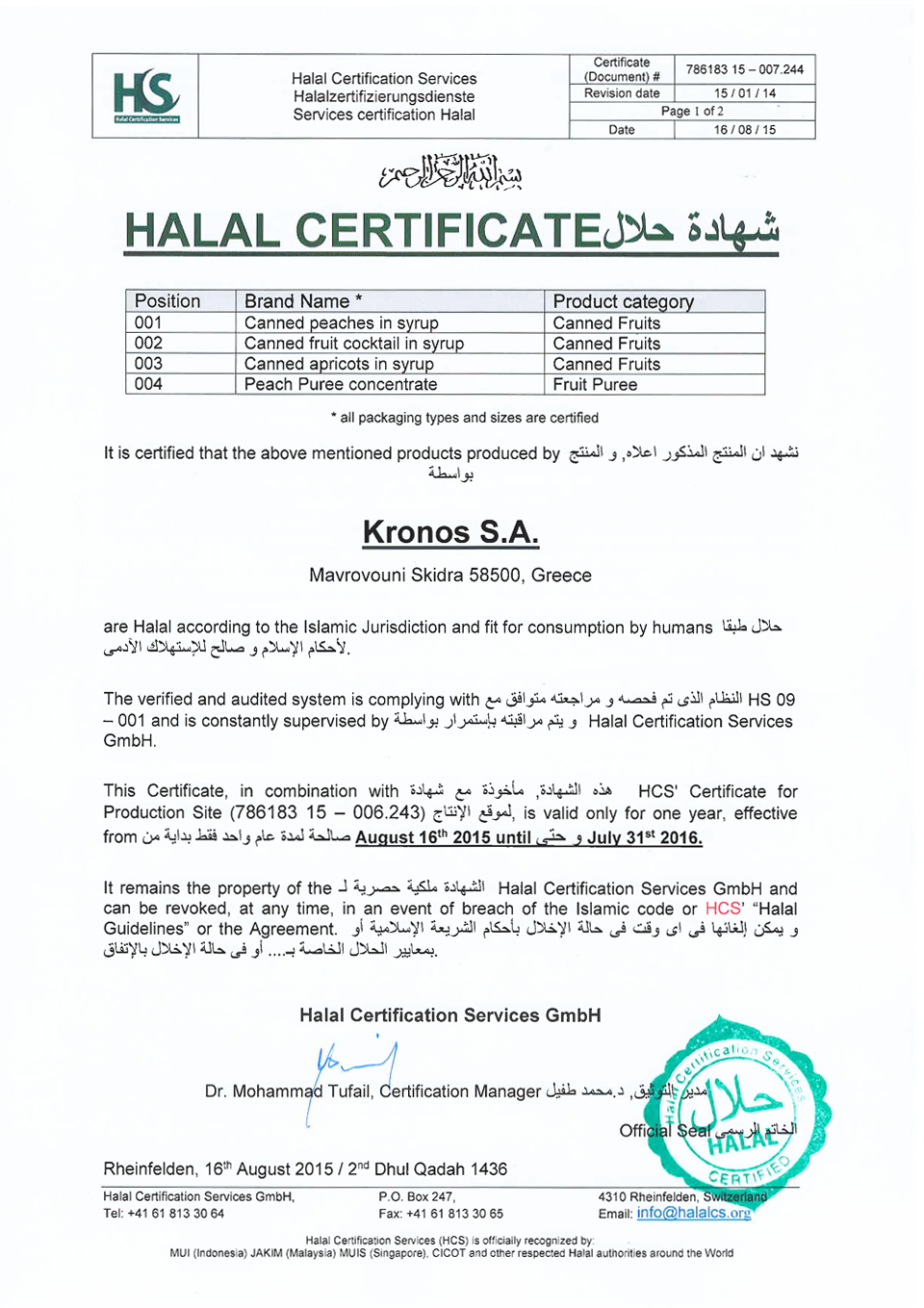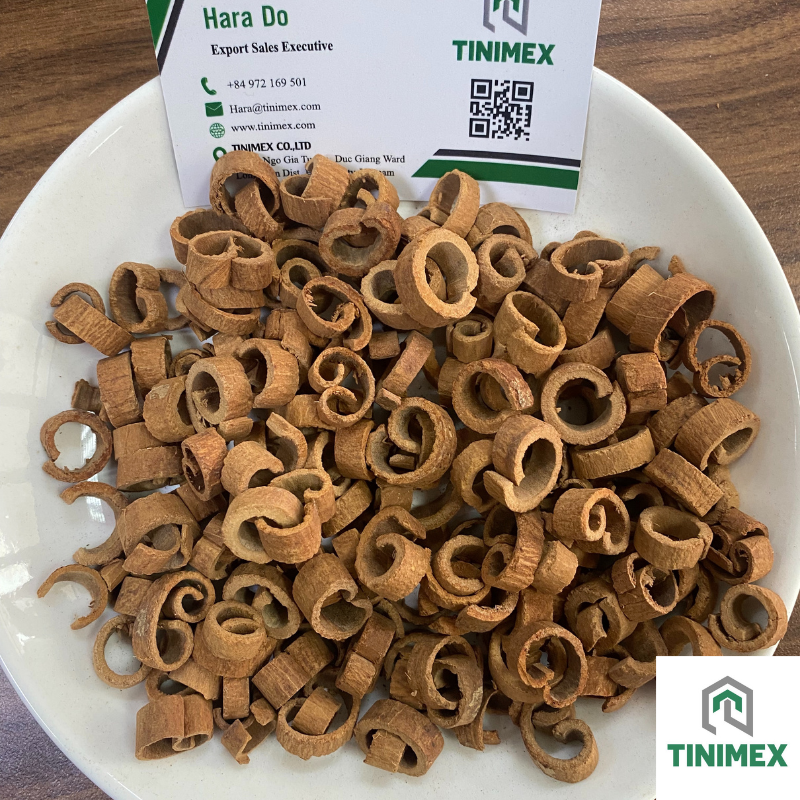Top 7 Certifications Every Cassia Cinnamon Importer Must Know in 2025
Top 7 Certifications Every Cassia Cinnamon Importer Must Know in 2025
In 2025, global spice buyers aren’t just chasing the lowest price or the boldest flavor—they’re demanding trust, traceability, and transparency. With increasing scrutiny from regulators and consumers alike, importers of cassia cinnamon sticks must understand the certifications that define product credibility in international markets.
Gone are the days when “good quality” was enough. Today’s top buyers—especially from North America, Europe, and Japan—want proof: that the product is safe, ethically sourced, sustainably farmed, and compliant with import regulations. That’s where certifications come in.
Vietnam, a major exporter of high-grade cassia cinnamon, has rapidly adapted to this trend. Many producers are now securing globally recognized certifications to gain access to premium buyers and larger contracts. For importers, verifying these credentials isn’t optional—it’s part of risk management, brand protection, and competitive differentiation.
This guide walks you through 7 essential certifications every cassia importer should know about in 2025, including:
-
HACCP & ISO 22000: for food safety management
-
Organic (EU, USDA): to tap into the booming organic market
-
Fair Trade: for ethical sourcing and CSR positioning
-
Halal & Kosher: to meet religious dietary needs in global markets
-
Rainforest Alliance or similar sustainability labels: for eco-conscious buyers
-
COI & Phytosanitary Certificate: to clear customs smoothly
Understanding these certifications not only helps you avoid regulatory headaches, but also gives you an edge when negotiating with high-value clients. In short, certified cassia isn’t just a trend—it’s the new trade standard.
1. Why Certifications Matter for Cassia Cinnamon Importers
Certifications validate product safety, quality, sustainability, and social responsibility. In regulated markets like the EU, USA, and Japan, they can determine:
- Market entry
- Pricing power
- Buyer trust
- Long-term contracts
Image ALT Text: Certified cassia cinnamon shipment with export labels
2. Certification #1 – Organic (USDA / EU / JAS)
What It Means
Cassia cinnamon must be cultivated without synthetic pesticides, fertilizers, or GMOs. Farms and processors undergo annual audits.
Why It’s Important
- Essential for buyers in Germany, France, USA, and Japan
- Increases price by 15–25%
External DoFollow Link: USDA Organic Certification Guide

3. Certification #2 – HACCP (Hazard Analysis and Critical Control Points)
What It Means
A food safety protocol covering harvesting, drying, processing, and packaging.
Why It’s Important
- Mandatory for large-scale importers and food manufacturers
- Reduces contamination and recall risks
Internal Link: How to Verify Cassia Cinnamon Quality – A Guide for Bulk Buyers
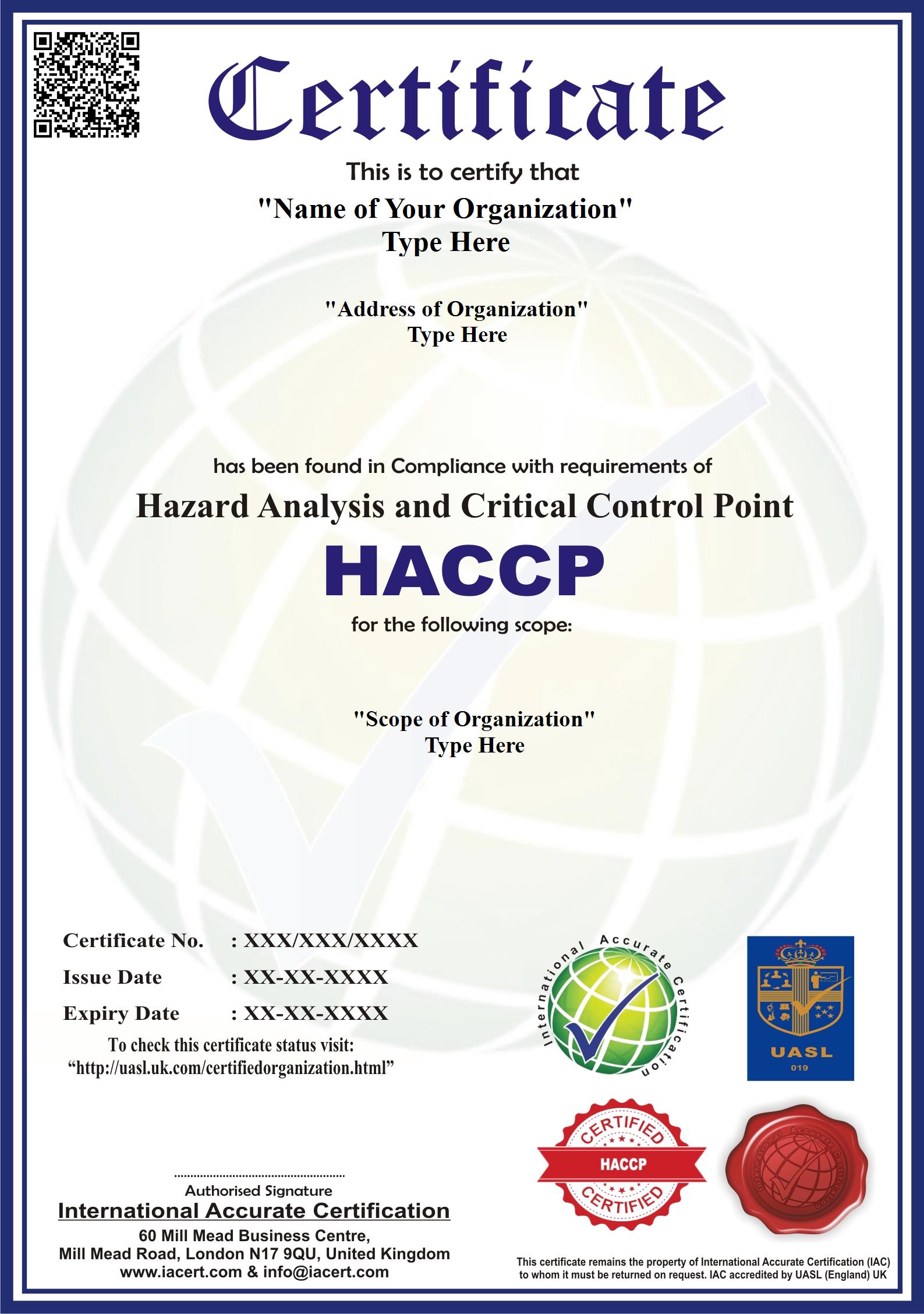
4. Certification #3 – ISO 22000
What It Means
A global standard for food safety management systems.
Why It’s Important
Shows end-to-end food safety integration
Preferred by global distributors and private-label retaile
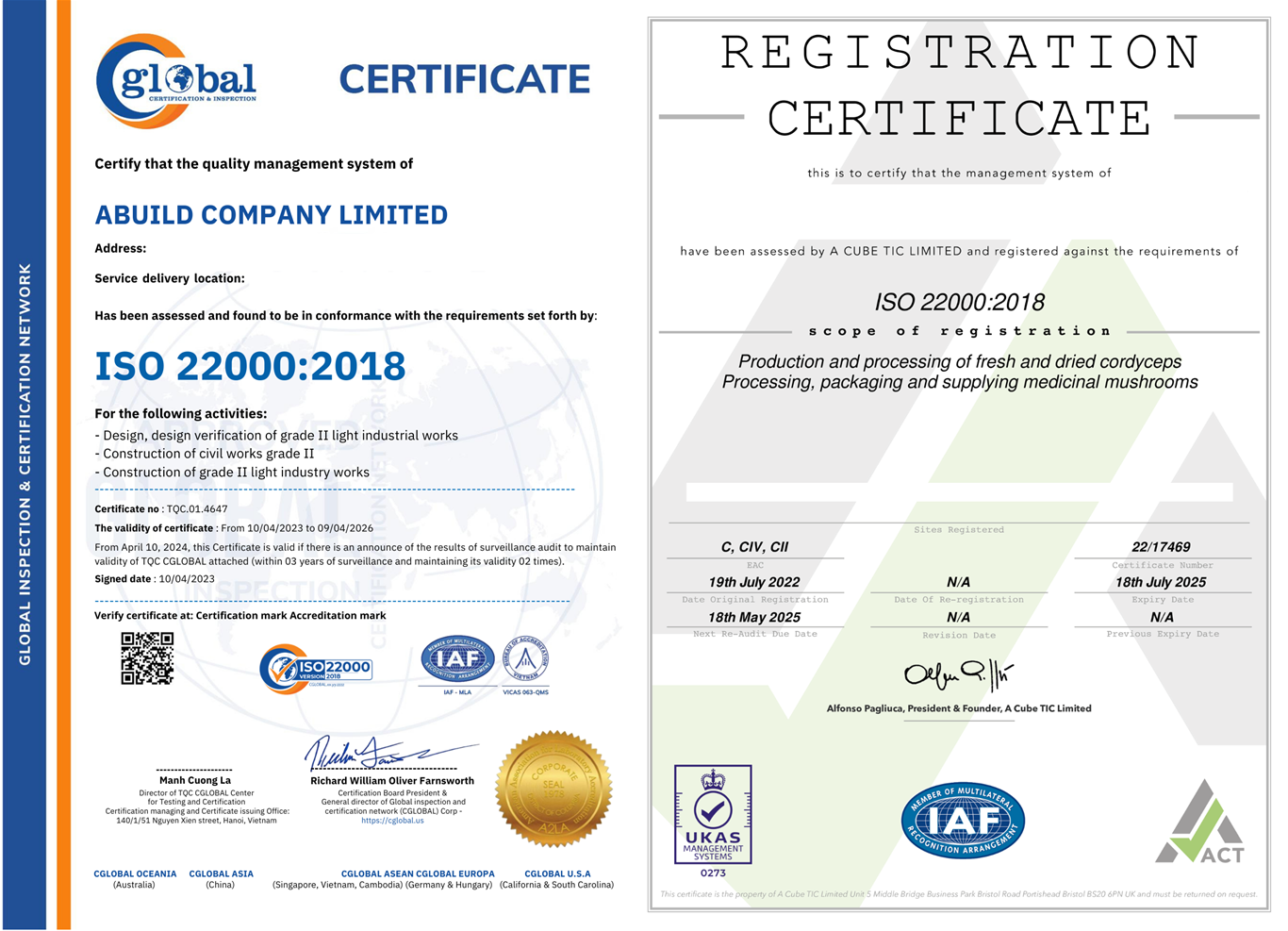
5. Certification #4 – Fairtrade International
What It Means
Ensures fair wages, ethical working conditions, and community reinvestment for farmers.
Why It’s Important
- Strong buyer preference in Scandinavia, Canada, and the UK
- Adds brand value for ethically-conscious consumers
External DoFollow Link: Fairtrade International – Standards for Spices
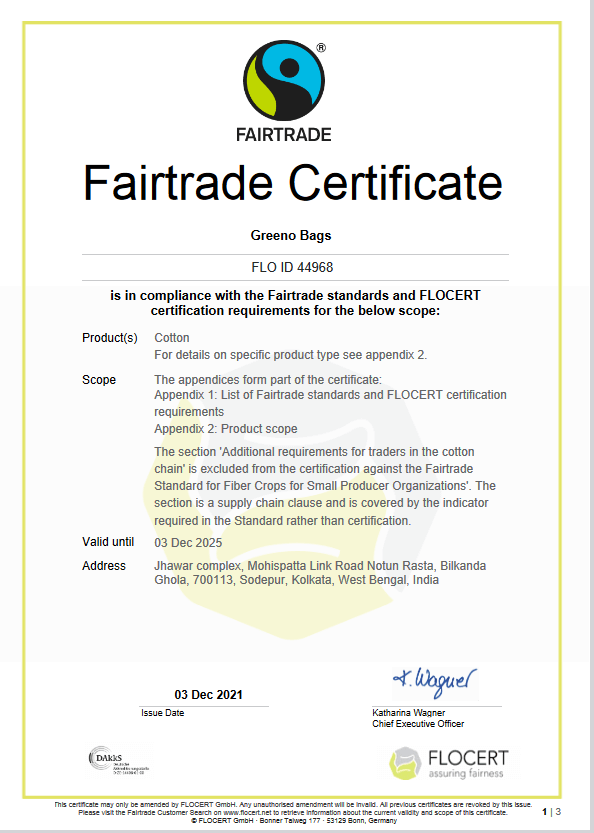
6. Certification #5 – Rainforest Alliance
What It Means
Promotes biodiversity conservation and sustainable land use.
Why It’s Important
- Aligns with climate-focused corporate buying policies
- Gaining traction in EU and South American markets
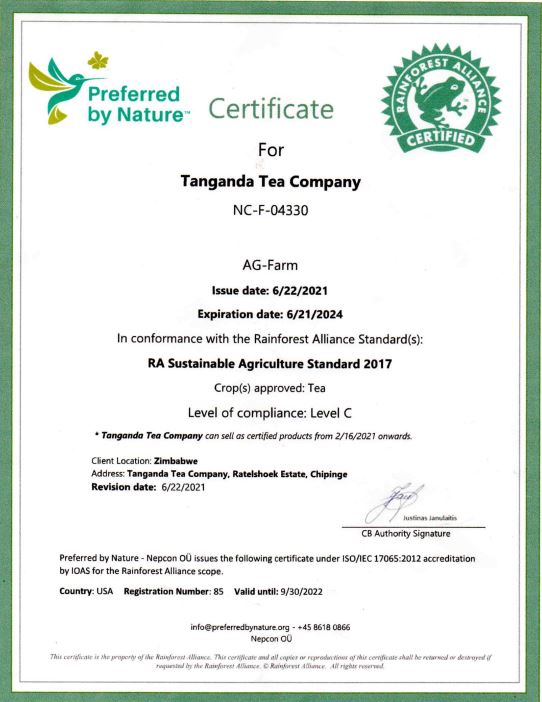
7. Certification #6 – BRC Global Standard (for Food Safety)
What It Means
British Retail Consortium certification for food safety in processing and packing.
Why It’s Important
- Mandatory for UK supermarkets and distributors
- Covers risk management and product traceability
-

Certification – BRC Global Standard (for Food Safety)
8. Certification #7 – HALAL & KOSHER
What It Means
Ensures cassia cinnamon is prepared according to Islamic and Jewish dietary laws.
Why It’s Important
- Expands access to Middle East, Southeast Asia, and North American ethnic food markets
-

Certification – HALAL & KOSHER Often required by religious certification agencies
9. Key Takeaways for Importers in 2025
- Certifications are no longer optional—they’re strategic assets
- Exporters in Vietnam offering cassia cinnamon sticks with multiple certifications gain premium pricing and market trust
- Collaborate with suppliers like TINIMEX Co., Ltd. who specialize in traceable, high-quality cinnamon
Internal Link: Premium Cassia Cinnamon Sticks – Ideal for Spice Importers
External Link: Codex Alimentarius – Cinnamon Standards



